When You Can’t Go Home: Finding Shelter After A Hurricane
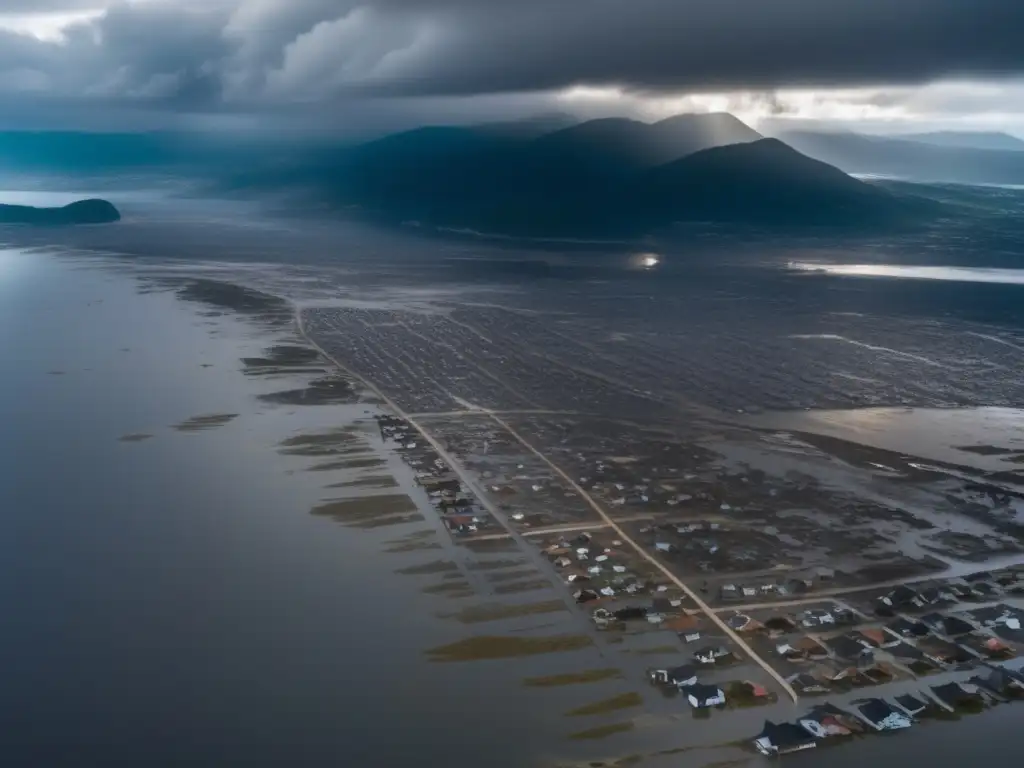
When You Can’t Go Home: Finding Shelter After a Hurricane
Introduction
When a hurricane comes through, sometimes the only option is to leave your home and find shelter elsewhere. Whether you live in an area that is prone to hurricanes or not, it is essential to understand what your options are when evacuating due to a major storm. In this article, we will discuss finding shelter after a hurricane, including options and considerations you should keep in mind.
The Importance of Evacuation

Why Evacuate?
If you live in a hurricane-prone area, it is important to know when to evacuate. When a hurricane is heading your way and deemed dangerous, local authorities may issue evacuation orders to ensure the safety of residents. If you hear such orders, it is crucial to take them seriously and leave as quickly as possible. The National Hurricane Center reports that water is the greatest danger during a hurricane and can cause the most fatalities. High winds, debris, and flooding are all potential threats to life and property that make evacuation imperative.
Types of Evacuations
There are different types of evacuations depending on the severity of the situation. Voluntary evacuations are typically issued when there is a potential threat, but it is not yet a danger. This allows residents the opportunity to leave if they feel unsafe or want to avoid potential disruptions. Mandatory evacuation orders, on the other hand, are issued when there is a significant threat to life and property. When mandatory evacuation orders are given, it is imperative to leave immediately.
Preparing for Evacuation
To prepare for evacuation, it is important to have a plan in place ahead of time. Knowing where you will go, how you will get there, and what you will need to take with you can help minimize panic and ensure a quick evacuation. Keep a bag packed with necessities, including clothing, toiletries, medication, and important documents in case you need to grab it quickly and leave. Additionally, keep your car’s gas tank full as it may be difficult to find gas during an evacuation.
Finding Shelter After Evacuation

Local Shelters
In many areas, local shelters are the go-to option for those who evacuate their homes before a hurricane. These shelters provide basic living facilities such as cots and food, and typically have the ability to accommodate large numbers of people. It is important to note that space at local shelters may be limited, so you should arrive as early as possible to secure a spot. Also, local shelters may not allow pets, so it is important to have a plan for your furry friends in case you need to evacuate.
Hotels
If local shelters are full or not an option for any other reason, hotels are an excellent alternative. Many hotels offer special rates for those evacuating due to a hurricane, and they typically provide amenities such as comfortable beds, showers, and food. When choosing a hotel, consider its location relative to the hurricane’s path and whether it has backup power capabilities in case of a power outage.
Airbnb / Vacation Rentals
Airbnb and vacation rentals are becoming increasingly popular options for those evacuating due to a hurricane. These options typically have more amenities than local shelters and hotels, such as kitchens and laundry facilities, making them more comfortable for extended stays. However, it is essential to choose a rental that is not in the direct path of the hurricane and has backup power capabilities. Additionally, make sure to have clear communication with the host about your situation and evacuation plans, as they may be more lenient with their cancellation policies during hurricanes.
Returning Home Safely
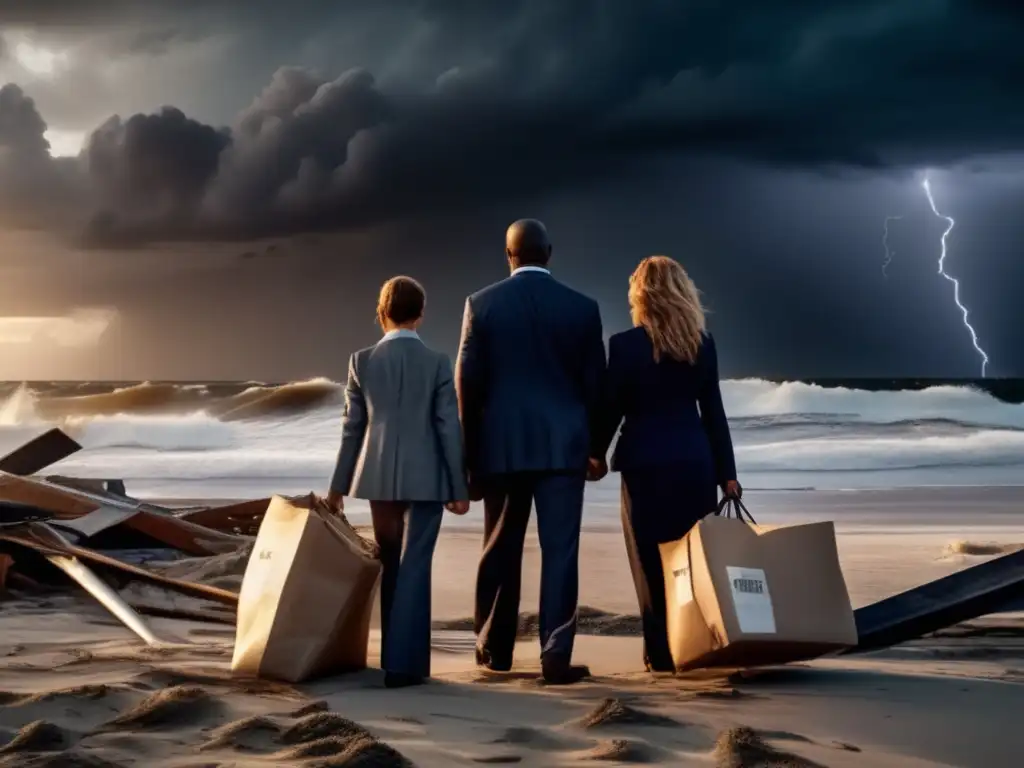
Waiting for the All-Clear
After the hurricane has passed, it is not always safe to return home immediately. Local authorities typically issue an “all-clear” when it is safe to return, and it is essential to wait for this signal before going back to your home or property. The all-clear allows emergency crews to assess the damage and clear debris from roads so that residents can return safely.
Assessing Damage
When you do return home, it is important to assess the damage before entering your property. Look for signs of flooding, structural damage, and any downed power lines that could cause danger. If you see any of these issues, do not enter and contact local authorities instead. Also, be aware of potential hazards such as gas leaks and contaminated water, as they can be life-threatening if not handled correctly.
Post-Hurricane Safety Tips
After a hurricane, it is important to take safety precautions to avoid injury or further damage. Avoid standing water and flooded areas, as they may hide dangerous debris or snakes. Wear protective clothing and gear when cleaning up debris, including sturdy gloves, boots, and eye protection. Finally, make sure to monitor your health and seek medical attention if you experience any adverse symptoms such as infections, rashes, or fever.
Frequently Asked Questions
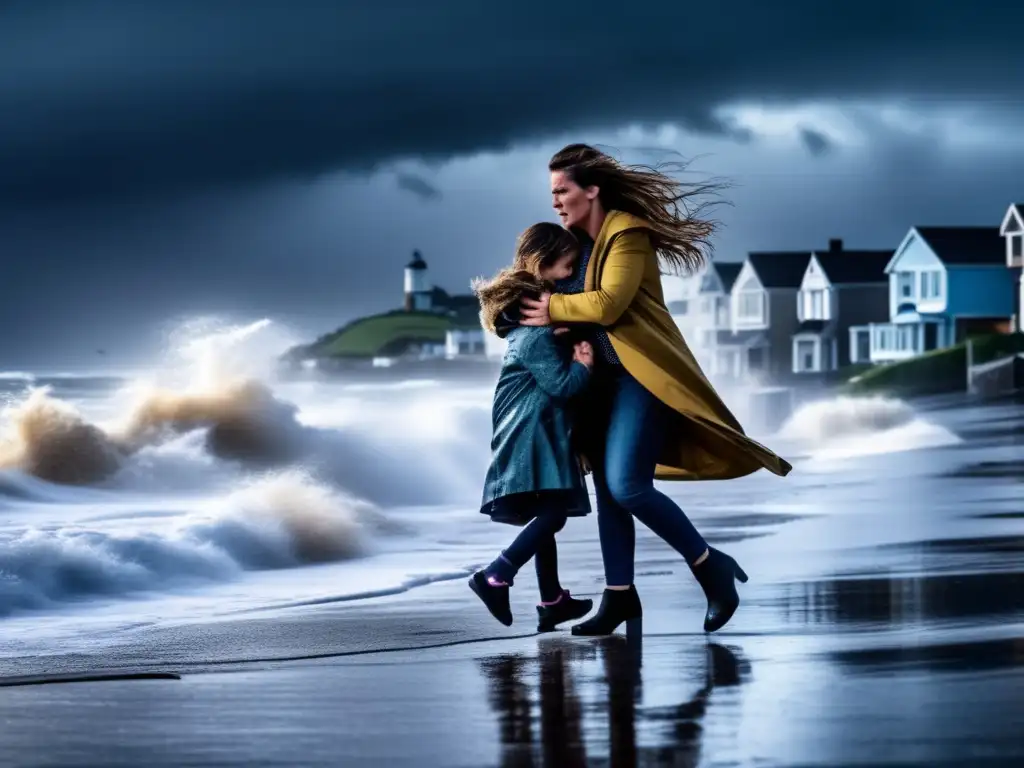
-
How Can I Find a Local Shelter?
Local authorities will announce open shelters in the area. You can also check with the American Red Cross website or app for available shelter information.
-
Can I Bring My Pet to a Shelter?
It depends on the shelter. Some shelters do not allow pets, so it is important to have a plan in place for your furry friends in case you need to evacuate.
-
What Should I Do If My Home Is Uninhabitable After the Hurricane?
If your home is uninhabitable, reach out to your insurance company as soon as possible to file a claim. Additionally, look for resources such as government or non-profit organizations that provide assistance to those who are displaced due to natural disasters.
-
How Do I Know When It Is Safe to Return Home?
Local authorities will issue an “all-clear” when it is safe to return home. It is essential to wait for this signal before going back to your home or property.
-
What Should I Do If I Encounter Downed Power Lines?
If you encounter downed power lines, stay away and contact your local power company or emergency services immediately. Do not attempt to move or touch the power lines.
Conclusion
When a hurricane threatens your safety and property, finding shelter outside of your home can be a lifesaving decision. Whether you choose a local shelter, hotel, or Airbnb rental, it is essential to prioritize your safety and comfort during evacuation. After the hurricane has passed, take precautions and assess the damage before returning home to avoid injury or further damage. Remember to stay informed and follow local authorities’ instructions for the best possible outcome.
For those living in hurricane-prone areas, understanding the various shelter options available is crucial in preparing for potential storms. But even if you don’t live in an area prone to hurricanes, having a basic understanding of evacuation and shelter can still be useful should disaster strike. Protecting yourself and your family should always be a top priority.
Thank you for reading! If you have any further questions or comments, please feel free to leave them below.
Additional Resources
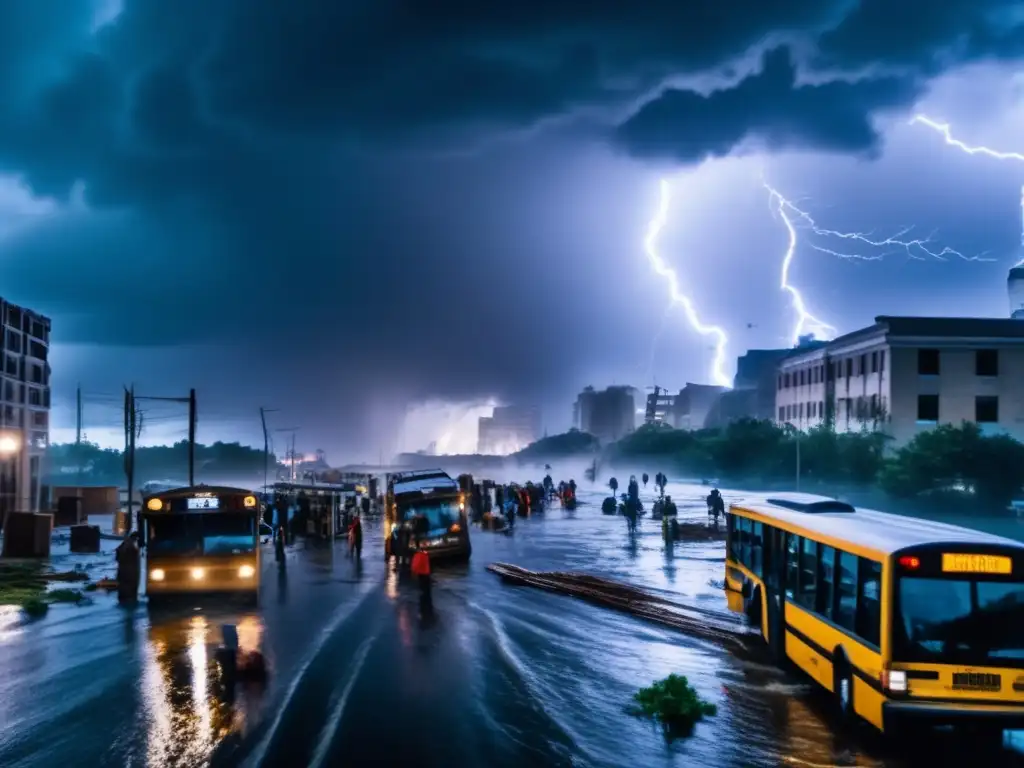
- Ready.gov: Hurricanes
- National Hurricane Center: Hurricane Preparedness
- American Red Cross: Hurricane Safety
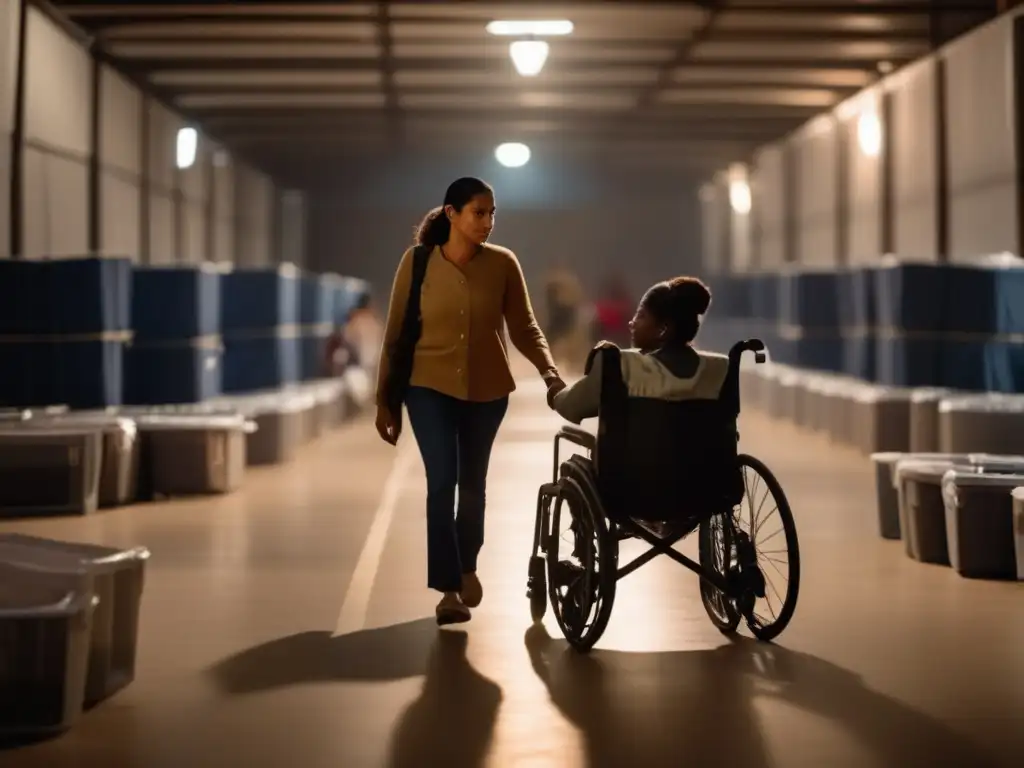 Safety Protocols For People With Disabilities During A Hurricane
Safety Protocols For People With Disabilities During A Hurricane The Environmental Impact Of Hurricanes And What You Can Do
The Environmental Impact Of Hurricanes And What You Can Do Navigating Roads After A Hurricane: Safety Tips
Navigating Roads After A Hurricane: Safety TipsIf you want to discover more articles similar to When You Can’t Go Home: Finding Shelter After A Hurricane, you can visit the During the hurricane: category.
Leave a Reply

Articulos relacionados: